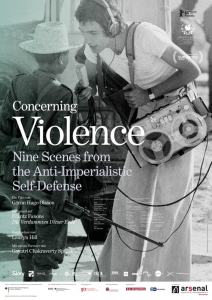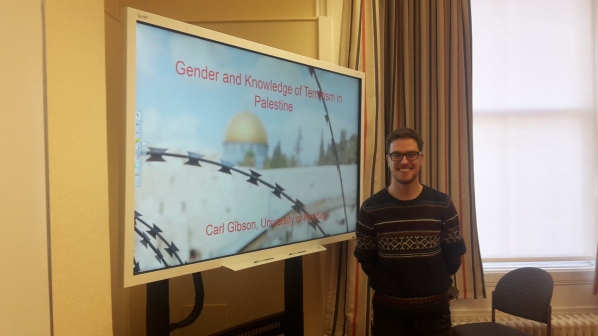
Thanks to everyone who attended Carl Gibson’s talk on his fieldwork in Palestine. It was fascinating to hear about his varied experiences with interviewing local people and the information he has gathered from doing so. Carl discussed the difficulty in defining the word ‘terrorism’ and the varying use of the word in the Western and Arab media. He has discovered that media and internet discourse on terrorism is highly gendered. He noted that there is much more written about the lives of female terrorists and their motivations than on male terrorists. The sources mentioned often linked the women’s involvement with terrorism to a trauma in their past, such as the death of a child, rather than to political motivations. Yet, Carl suggested there was more of a taboo around these female terrorists as almost all of the posters he has spotted in Palestine were of male martyrs (شهيد / shahid) rather that female ones (شَهِيدَة/ shahida).One woman in particular, named Hadeel al-Haslamun has featured on the occasional poster, despite it being unclear whether her refusal to remove her niqab at the Palestine Israeli border was for political reasons.
The discussion after Carl’s paper revolved around the escalation of violence in Palestine and women’s involvement in such violence. We also debated why in war women and children are treated as victims and men often are not and why how this linked to a lack of biographical information on the internet about male terrorists. As well as discussing the lives of the shahida in more depth, we also discussed the practicalities of Carl’s research in such a dangerous part of the world. It was clear that his many years of living in Palestine were vital to his success in finding interviewees and conducting his research successfully. We wish him all the best for his return to Palestine at the end of the week!
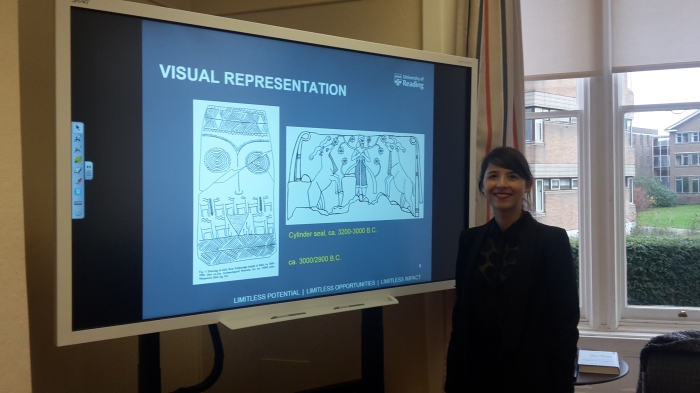
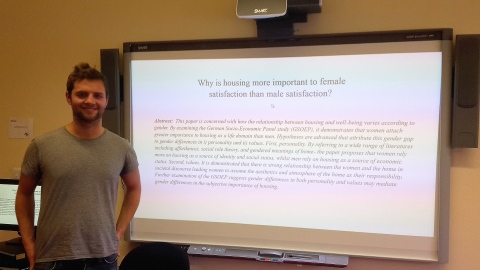
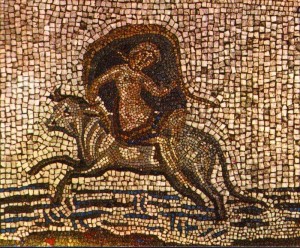
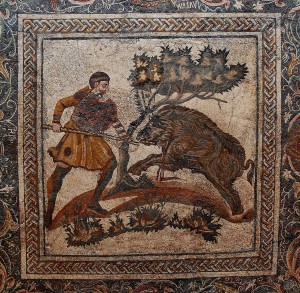
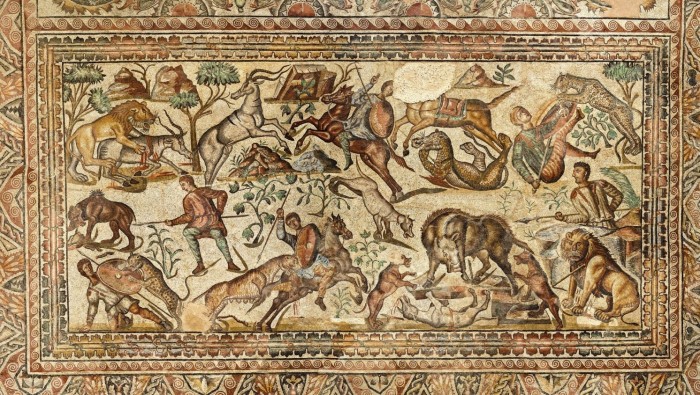
 The next meeting of the Gender and Sexuality Research Network is upon us! We hope to see as many as you as possible in the Graduate School on Thursday 30th April at 1pm in G09. All are welcome!
The next meeting of the Gender and Sexuality Research Network is upon us! We hope to see as many as you as possible in the Graduate School on Thursday 30th April at 1pm in G09. All are welcome!